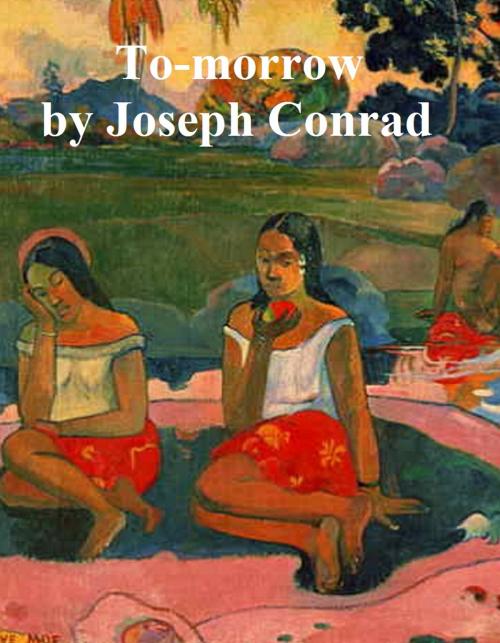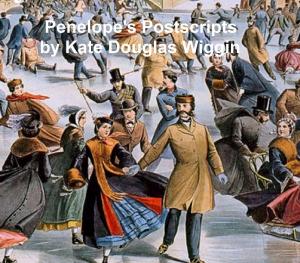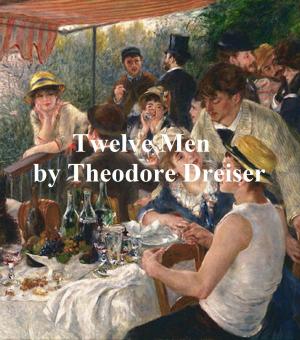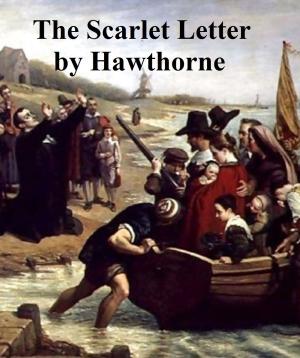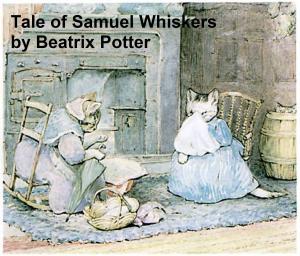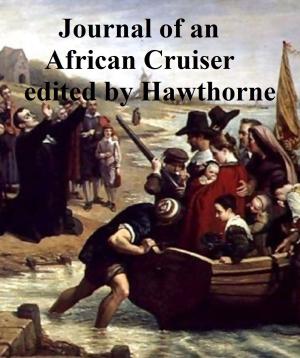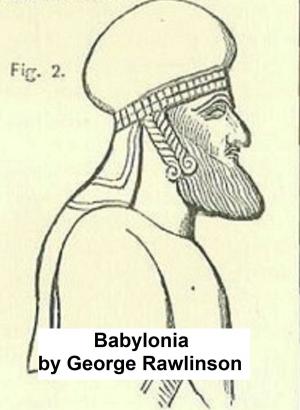| Author: | Joseph Conrad | ISBN: | 9781455447633 |
| Publisher: | Seltzer Books | Publication: | February 23, 2017 |
| Imprint: | Language: | English |
| Author: | Joseph Conrad |
| ISBN: | 9781455447633 |
| Publisher: | Seltzer Books |
| Publication: | February 23, 2017 |
| Imprint: | |
| Language: | English |
Classic Conrad short story. "What was known of Captain Hagberd in the little seaport of Colebrook was not exactly in his favour. He did not belong to the place. He had come to settle there under circumstances not at all myste- rious--he used to be very communicative about them at the time--but extremely morbid and un- reasonable. He was possessed of some little money evidently, because he bought a plot of ground, and had a pair of ugly yellow brick cottages run up very cheaply. He occupied one of them himself and let the other to Josiah Carvil--blind Carvil, the retired boat-builder--a man of evil repute as a domestic tyrant." According to Wikipedia: "Joseph Conrad (1857 1924) was a Polish-born English novelist. Many critics regard him as one of the greatest novelists in the English language—a fact that is remarkable, as he did not learn to speak English fluently until he was in his twenties (and always with a strong Polish accent). He became a naturalized British subject in 1886. Conrad is recognized as a master prose stylist. Some of his works have a strain of romanticism, but more importantly he is recognized as an important forerunner of modernist literature. His narrative style and anti-heroic characters have influenced many writers, including Ernest Hemingway, D. H. Lawrence, F. Scott Fitzgerald, Graham Greene, William S. Burroughs, Joseph Heller, V.S. Naipaul, Italo Calvino and J. M. Coetzee."
Classic Conrad short story. "What was known of Captain Hagberd in the little seaport of Colebrook was not exactly in his favour. He did not belong to the place. He had come to settle there under circumstances not at all myste- rious--he used to be very communicative about them at the time--but extremely morbid and un- reasonable. He was possessed of some little money evidently, because he bought a plot of ground, and had a pair of ugly yellow brick cottages run up very cheaply. He occupied one of them himself and let the other to Josiah Carvil--blind Carvil, the retired boat-builder--a man of evil repute as a domestic tyrant." According to Wikipedia: "Joseph Conrad (1857 1924) was a Polish-born English novelist. Many critics regard him as one of the greatest novelists in the English language—a fact that is remarkable, as he did not learn to speak English fluently until he was in his twenties (and always with a strong Polish accent). He became a naturalized British subject in 1886. Conrad is recognized as a master prose stylist. Some of his works have a strain of romanticism, but more importantly he is recognized as an important forerunner of modernist literature. His narrative style and anti-heroic characters have influenced many writers, including Ernest Hemingway, D. H. Lawrence, F. Scott Fitzgerald, Graham Greene, William S. Burroughs, Joseph Heller, V.S. Naipaul, Italo Calvino and J. M. Coetzee."
